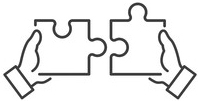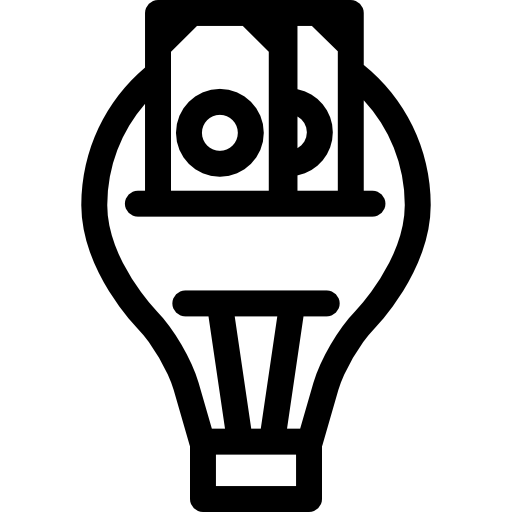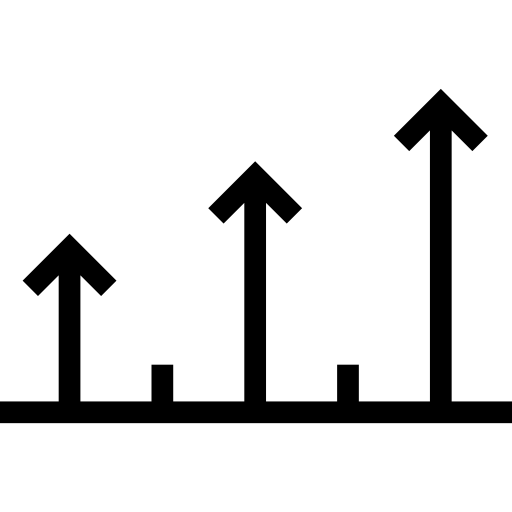
Starting date : May 2017 > Apr. 2020
Lifetime: 36 months

Program in support : FLAG-ERA JTC 2016

Status project : complete

CEA-Leti's contact :
Elise Saoutieff
Bernard Strée

Project Coordinator: EPFL (CH)
Partners: - BE: UCL
- CH: ETHZ, HCC
- EE: TTU
- FR: CEA-Leti, G-INP, STM
- IT: ENEA, IUNET, UCBM, UNICA, TAGLIAFERRI
- LV: EDI
- RO: IMT, UTBV
- TR: METU

Target market: n/a

Publications:
«Sensor and Energy Harvesting flexible platform», E. Saoutieff, A. Faucon,
S. Boisseau, T.Ernst, ESSDERC/ESSCIRC conference, NEREID-SINANO-Workshop
«Nanoelectronics and Smart System Technologies for Future applications»,
Dresden, Germany, September 2018.
«Sensors platform for health and environmental monitoring», E. Saoutieff,
A. Faucon, S. Boisseau, T. Polichetti, M.L. Miglietta, B. Alfano, E. Massera,
S. De Vito, S. Petre, T. Walewyns, N. André, D. Flandre, C. Moldovan, M. Greitans,
Semi-Conducting Nanomaterials for Health, Environment and Security
Appliccations, Workshop Nano2sence, Grenoble, France, November 2018.
«Sensors and related devices for IoT, medicine and smart-living», T. Ernst,
R. Guillemaud, P. Mailley, J.P. Polizzi, A. Koenig, S. Boisseau, E. Pauliac-Vaujour,
C. Plantier, G. Delapierre, E. Saoutieff, R. Gerbelot-Barillon, E. Calvanese Strinati,
S. Hentz, E. Colinet, O. Thomas, P. Boisseau, and P. Jallon, VLSI, Honolulu, USA,
June 2018.
«A networked wearable device for chemical multisensing», T. Polichetti,
M.L. Miglietta, B. Alfano, E. Massera, S. De Vito, G. Di Francia, A. Faucon ,
E. Saoutieff, S. Boisseau, T. Walewyns, N. Marchand, L. A. Francis, 4° Convegno
Nazionale Sensori, Italia, February 2018.

Investment: € 2.5 m.
EC Contribution: national funding

| Stakes
CEA-Leti’s main contribution to the CONVERGENCE project is development of demonstration platforms for wearable IoT flexible systems, which are compatible with sensors and energy harvester modules developed by the consortium partners. The aim is to create a wireless and multifunctional wearable system able to monitor not only personal physical condition (physical activity, core body temperature, electrolytes and biomarkers), but also the environment (chemical composition of the ambient air). > Convergence of technologies into smart sensing systems driven by lifestyle and healthcare applications.
Achievements after 18 months
Development of sensors and energy harvester platforms on a rigid substrate with: - First version design and fabrication - Bluetooth Low Energy communication and data collection on mobile phone - Compatibility with different types of sensors and energy harvesting sources.
Development of sensor platforms compatible with: - Gas sensors - Temperature sensors - Activity sensors - Nano-power energy harvesting ASIC module.
Energy harvester platforms compatible with PV cells and mechanical energy harvesters (piezoelectric, electromagnetic, electret-based, triboelectric).
Successful laboratory testing.
Emergence and deployment of the Internet of Things and the Trillion-of-Sensors Planet depends on advanced concepts such as zero-power, intelligent, autonomous systems featuring energy efficient sensing, computation and communication. The science of zero-power has indicated exploratory research needs involving novel materials, devices and system architectures that could prompt energy savings by a factor of up to 1000x for processing the useful bit of information. Energy efficient technologies of this type have been envisaged in combination with smart, multiple harvesting interfaces, capable of detecting and adapting to most suitable energy sources, thereby leading to harvester energy output improvements by a factor of 100x. In CONVERGENCE, we have adopted a more focused strategy centered on proofs of concept involving energy efficient sensor networks for future wearables, which exploit the convergence of multi-parameter biosensors and environmental sensors on an autonomous system technology platform serving data fusion for preventive lifestyle and healthcare. The project interconnects solidly a critical mass of research institutions and end users to establish the foundations of a future emerging European research project in this field by linking national competences and resources. The choice of wearables for preventive strategies is due to health and care service failure to grow with modern society’s demographic shift and lifestyle-related diseases. Given the strong pressures on the healthcare system, one solution could be to ‘shift the curve’ from high-cost, reactive, bed-based care to preventive, proactive care implementing energy efficient wearable technologies. The smart systems proposed by CONVERGENCE are foreseen as wearable, wirelessly interconnected, smart, hardware embodiments enabled by energy-efficient technologies, which can meet the demands of lifestyle and medical applications in terms of autonomy in the virtually continuous collection of data for early detection strategies. These systems will certainly become a part of the Internet of Things (IoT) and the related services for Quality-of-Life and/or paradigm shifts in the medical field. More recently, this concept has developed into the so-called Internet of Everything (IoE), which is a catch-all phrase to describe adding connectivity and intelligence to almost every device to provide special functions. The expected innovation outputs in IoE technologies for healthcare and lifestyle are very high: they require interaction of multidisciplinary teams such as the one performing the CONVERGENCE project. In the CONVERGENCE-based approach, part of the information processing and storage could be local, while another part could be communicated and processed in the cloud, depending on the application scenario. This would empower the user with decisions imposing a high level of data privacy and security. The associated data collection and data analytics of the CONVERGENCE systems are expected to enable personalized advice and assistance related to health and interaction with the environment that extend beyond today’s wireless sensor networks. Proofs of concept centered on wrist devices and smart patch wearables with multiple convergent sensors will offer unique solutions for new generations of non-invasive, virtually continuous healthcare applications. In the long term, they are expected to form the basis of future generations of human-machine interfaces with capabilities unforeseen today.
IMPACT
Knowledge development concerning flexible integration and wearable sensing technology.
|
|